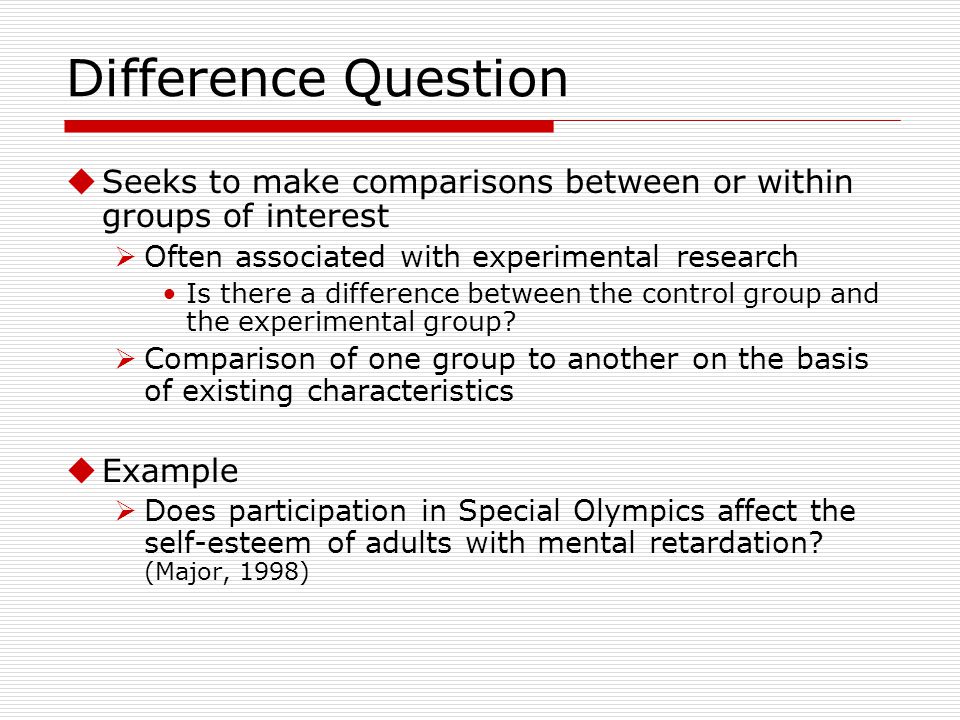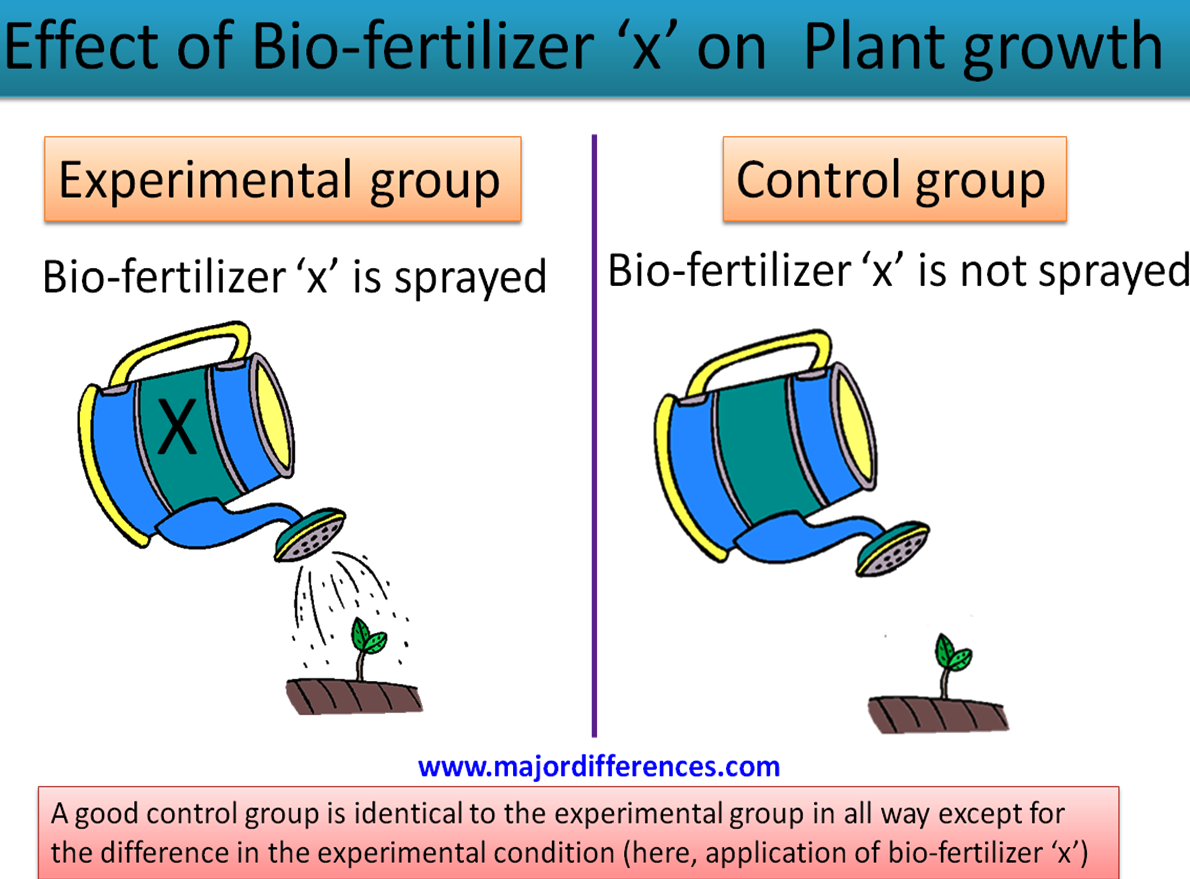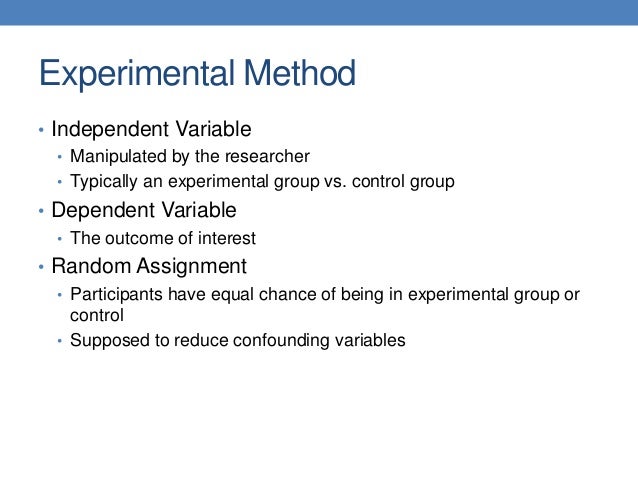

![]()
What is an Experimental Group? Statistics explained simply. An experimental group (sometimes called a treatment group ) is a group that receives
In the design of experiments, two or more “treatments” are applied to estimate the difference between the mean responses for the treatments. For example, an experiment on baking bread could estimate the difference in the responses associated with quantitative variables, such as the ratio of water to flour, and with qualitative …
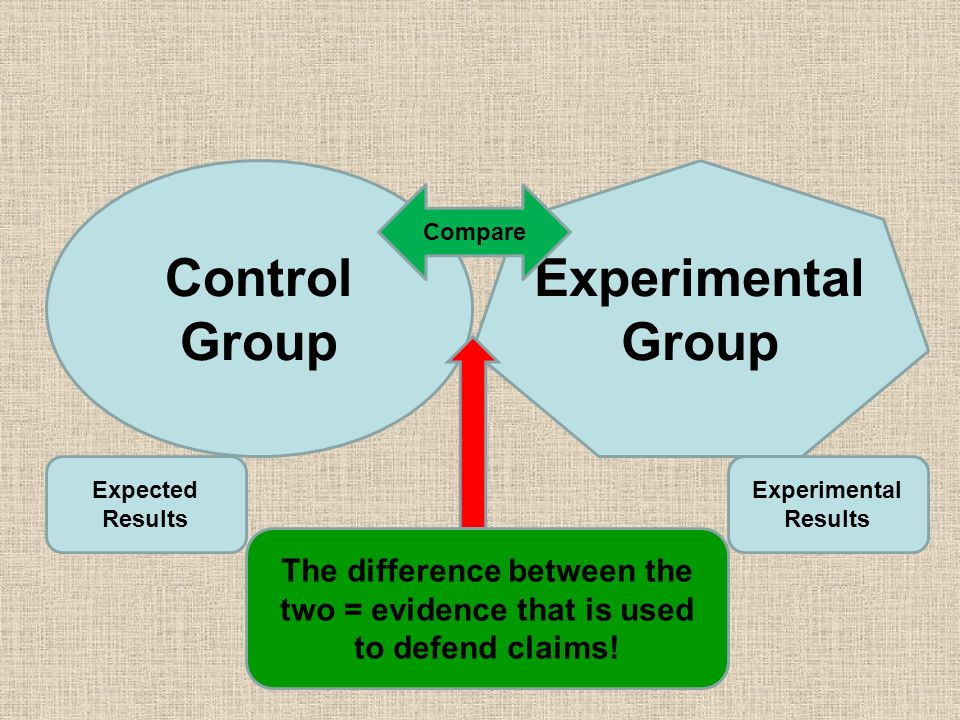
I.O.O. Sales website for Optometric Instruments and Intuitive Overlays for eyecare professionals and education professionals looking for testing equipment.
A control group in a scientific experiment is a group separated from the rest of the experiment, where the independent variable being tested cannot influence the results. . This isolates the independent variable’s effects on the experiment and can help rule out alternative explanations of the experimental res
![]()
The control group (sometimes called a comparison group) is used in an experiment as a way to ensure that your experiment actually works.It’s a way to make sure that the treatment you are giving is causing the experimental results, …
Difference Between article explains What is Control Group and What is Experimental Group, and the critical difference between Control Group and Experimental Group.

To analyze the two-group posttest-only randomized experimental design we need an analysis that meets the following requirements: . has two groups ; uses a …
Types – Broad Distinction Qualitative Quantitative Qualitative Research Narrative Subject’s own words Summarizes behaviors Descriptive Methods Interviews Observation notes Surveys Quantitative Research Numerical data collected & analyzed Explores relationship between variables Independent (single or multi-leveled) Dependent (single or
/chemistrylab-58fd51263df78ca159068acd.jpg)
The text is very confusing and contradictory, nobody will get the difference! 1) Theory: a coherent group of tested general propositions, commonly regarded as correct, that can be used as principles of explanation and prediction for a class of phenomena.
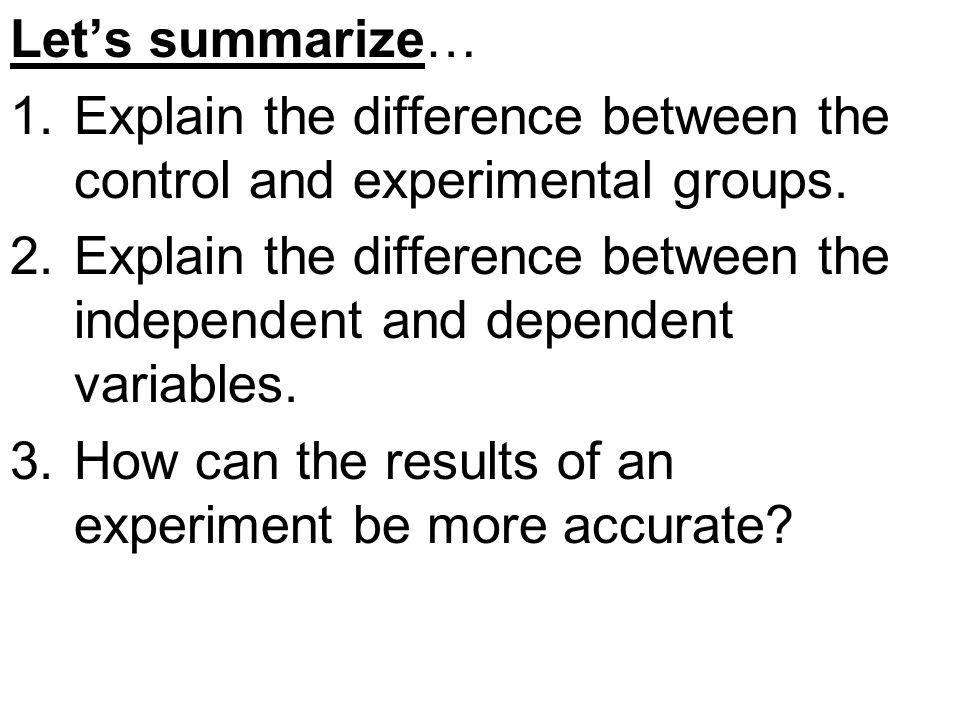
To add to the above: A “control group” does not receive ANY intervention at all, while the experimental group receives the intervention under investigation, the one that is …
